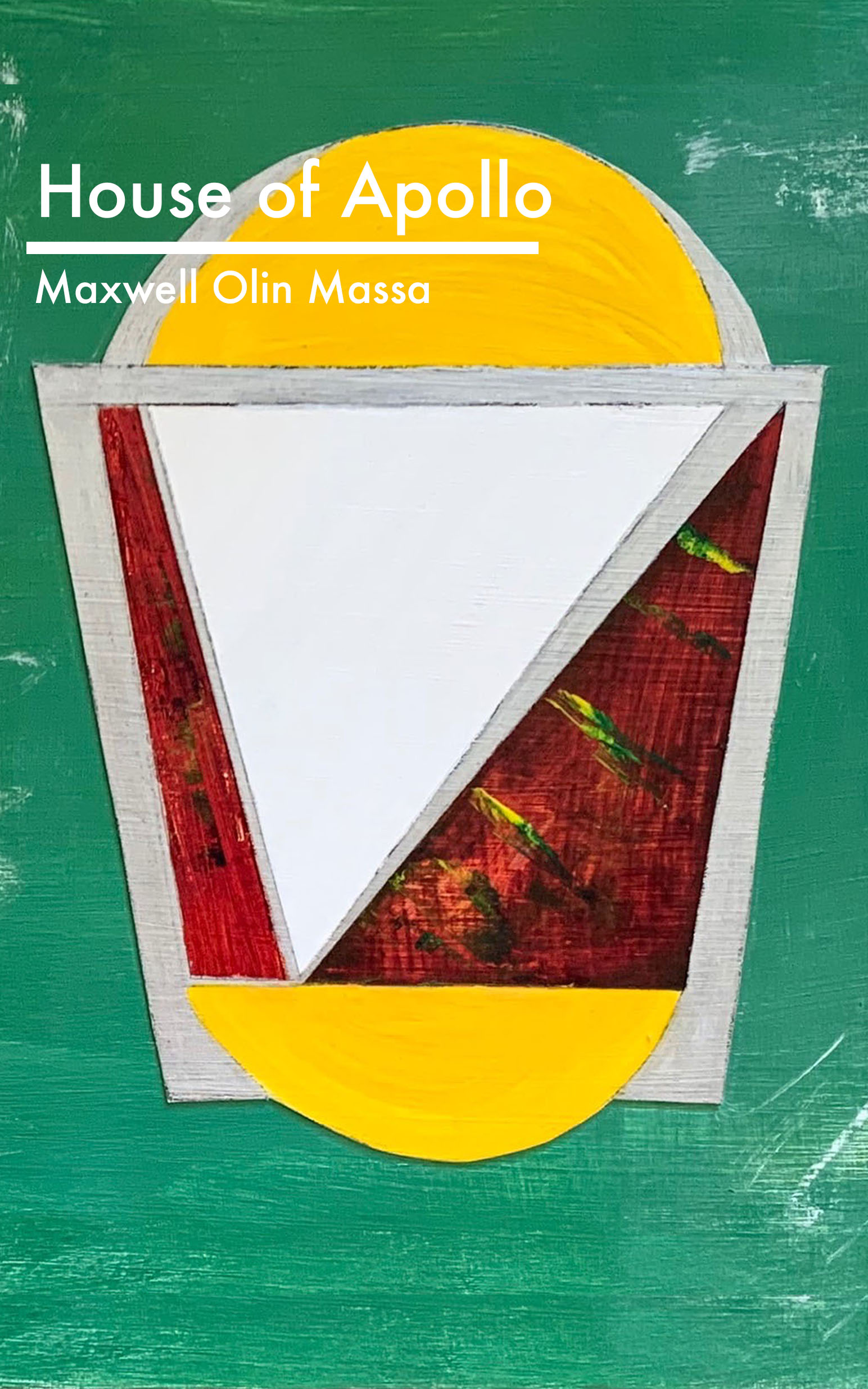Description
We’re so pleased that Whiskey Tit Sounds’ debut audiobook release, Maxwell Olin Massa’s HOUSE OF APOLLO, narrated by The Great Ari Fliakos, is here to bring some holiday joy to your ears.
Avoid the middlemen and put more cash directly in the worn-out pockets of publishers and authors by ordering it directly here. Or, if you must feed the coffers of billionaires, you can snag it on Audible, iTunes, or Bandcamp and enjoy it with your $200 glass of wine while we grovel and make great art out of our suffering.
Here’s a sample:
The paperback, as always, is available here.
DESCRIPTION: If you could know exactly how and when calamity would strike, would you want to? And more importantly, would you tell your insurance company? What if it was something smaller, like the next time you were going to get a bad case of athlete’s foot… would you let them know then?
In House of Apollo, they already know. The actuaries have won: Big Data predicts it all. At Longshot Insurance, it’s been years since the last claim, and HR has happily eliminated every department but Marketing. But fate cannot be so easily conquered, and when a priest in this temple of rationality meets his Dionysian match, comic chaos ensues.
Like a thought experiment where Orwell drinks with Bukowski and Mervyn Peake transcribes, this novel of ideas is anything but predictable.
Maxwell Massa spent five years in China (including a year-long stint as a Mandarin TV star), only to return to the U.S. and find that — surprise! — intellectualism isn’t really a thing here.
Ari Fliakos has worked with the award-winning theater ensemble The Wooster Group since 1998, developing and originating roles in House/Lights, To You, The Birdie!, and Poor Theater (for which he won an Obie Award), among many more. His television and film credits include Company K, Pills, Limitless, The Mysteries of Laura, and Law & Order.




